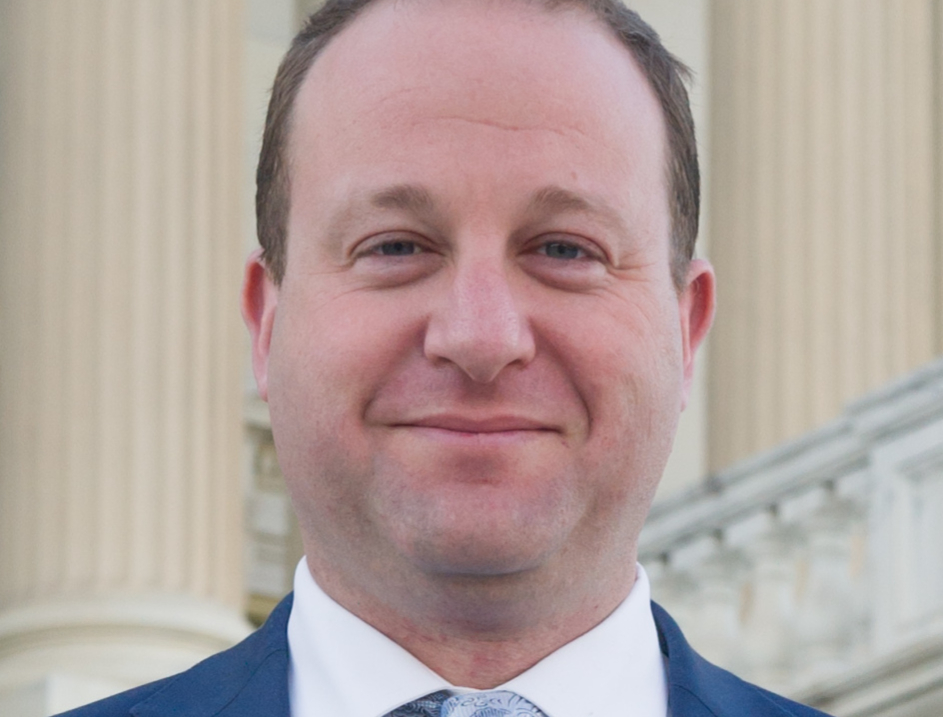Executive
Don’t Let Colorado Become the Next Energy Crisis State

This election year, Coloradans are watching as lawmakers make decisions for our state, tackling hot-button issues and delivering for families both in Denver and rural Colorado. In my home district, for which I am running to represent once again, my neighbors and I are watching the Colorado General Assembly debate the future of energy in our state and how to develop our full range of sources, including alternative energy.
However, recent debates in Denver have emerged that would go further than ever before in restricting energy development in the state, including some going as far as ending all permits for oil and gas within five years. Not only will this be detrimental for Colorado’s families and workers, but these bills threaten to turn Colorado into the next California, ruining our state’s leading energy position and costing jobs in our rural communities.
The first and most aggressive of the proposals was Senate Bill 159, which would have banned all new oil and gas drilling in Colorado by 2030. Fortunately, wiser heads prevailed, and this most extreme measure failed in the Senate Agriculture Committee. This was not the only planned assault on energy production, however, and the General Assembly plans to debate other bills that require burdensome aggregate calculations, increased fines and inspections, and other measures. These proposals will increase costs on taxpayers and cut off our state from valuable energy sources on which we rely.
While pursuing options to reduce the impacts of climate change, lawmakers must also understand that oil and gas play a crucial role in supporting tens of thousands of jobs across the state. In fact, the U.S. Department of Energy (DOE) estimates the industry employed 153,000 Coloradans in 2022, having grown by nearly 7,000 or 4.8% since the year prior. Natural gas, ethanol, and coal are also still our state’s top three consumed energy sources, as the U.S. Energy Information Administration (EIA) estimated in 2021. Colorado produced 2.221 trillion cubic feet of marketed natural gas in 2021, making us the eighth-largest natural gas producer and among the top 10 states for all energy production in the U.S. In short, this is a vital sector of our economy and we cannot ignore our position as a major energy producer for America.
Conversely, California has put a near halt on all new permits for energy development, even as the state remained the seventh-largest U.S. oil producer. This energy market propelled California to be the fifth-biggest economy in the world with more than $3 trillion in gross state product. But now Californians face a dramatic drop in new oil and gas permits just as problems have arisen, such as rolling electric grid blackouts and reliance on energy from other states.
But there is another concern associated with proposed reductions in oil and gas production. The primary source of funding for state water projects is based on severance tax from oil and gas production and bills that negatively impact oil and gas concurrently reduce these severance funds. That impacts funding for local governments and for water projects as there are no other significant revenue sources to fund water infrastructure. This is ever more critical as continuing aridification occurs due to a changing climate, impacting Colorado River flows.
Thinking of energy holistically is increasingly vital for our families, workers, and economy. Across the Centennial State, Coloradans rely on a variety of abundant energy sources to fuel the economy. During my time in the General Assembly in the early 2000’s, I spent considerable time and effort securing and supporting the development of multiple energy sources in a manner that protected the interests of surface landowners and minimized impacts to the natural environment. My goal was to take a balanced approach that transcended politics and partisan lines.
For folks on the Western Slope, use of natural gas and traditional energy resources in combination with renewable resources ensures the stability of our electric grid and our families. Agricultural production is largely dependent on traditional energy resources and rolling blackouts in rural communities are simply not a viable option.
The General Assembly’s proposal to arbitrarily ban new oil and gas permits fortunately met its demise; but it survives in its entirety in a proposed ballot measure. Securing our state’s energy future means utilizing both traditional and renewable energy resources to fuel our economy. What Colorado needs is a balanced approach to energy policy that is realistic, supports energy workers, and incorporates a range of sources to meet the needs of our state.
This article was originally published by RealClearEnergy and made available via RealClearWire.
Kathleen Curry is the former speaker pro tem of the Colorado House of Representatives, and former Chairwoman of the House Agricultural Committee. She served as state representative for House District 61 from 2004-2010. She is currently re-running for the seat, redesignated as House District 58.
-

 Accountability4 days ago
Accountability4 days agoWaste of the Day: Principal Bought Lobster with School Funds
-

 Civilization1 day ago
Civilization1 day agoWhy Europe Shouldn’t Be Upset at Trump’s Venezuelan Actions
-

 Executive2 days ago
Executive2 days agoHow Relaxed COVID-Era Rules Fueled Minnesota’s Biggest Scam
-

 Constitution3 days ago
Constitution3 days agoTrump, Canada, and the Constitutional Problem Beneath the Bridge
-

 Christianity Today1 day ago
Christianity Today1 day agoSurprising Revival: Gen Z Men & Highly Educated Lead Return to Religion
-

 Civilization2 days ago
Civilization2 days agoThe End of Purple States and Competitive Districts
-

 Executive2 days ago
Executive2 days agoWaste of the Day: Can You Hear Me Now?
-

 Civilization5 days ago
Civilization5 days agoThe Conundrum of President Donald J. Trump














